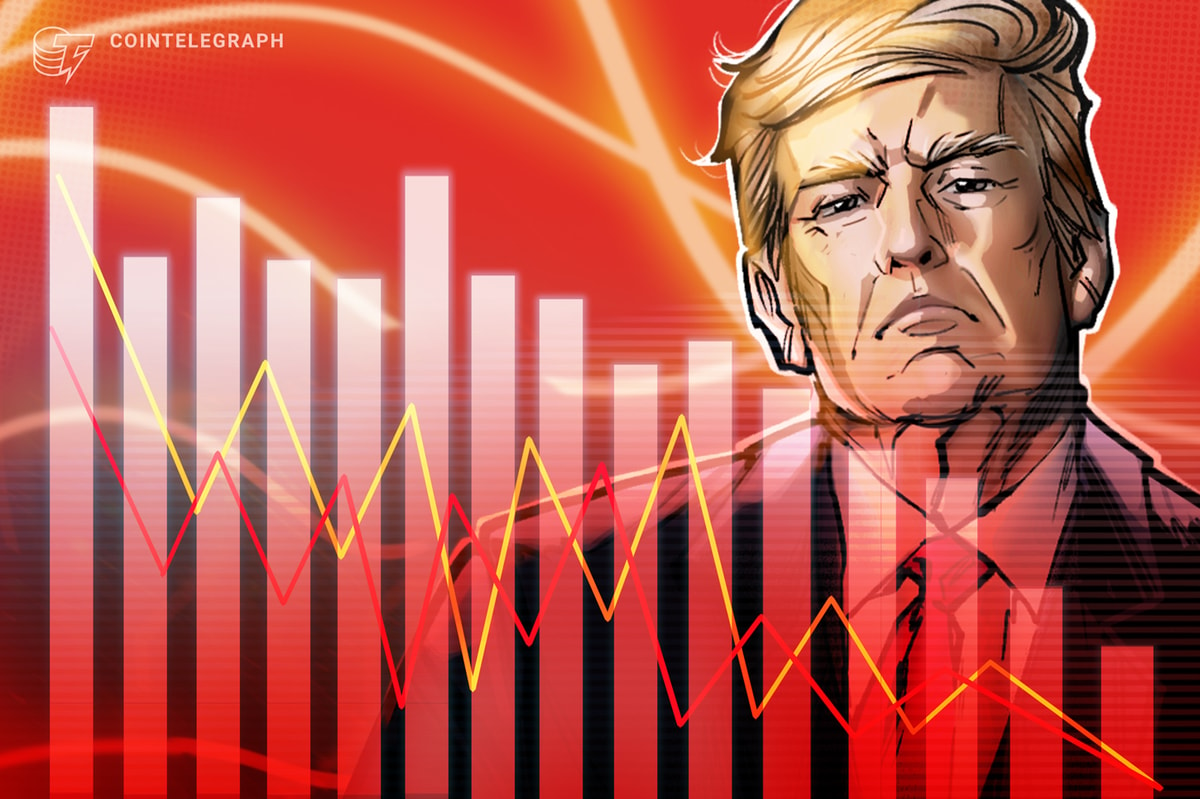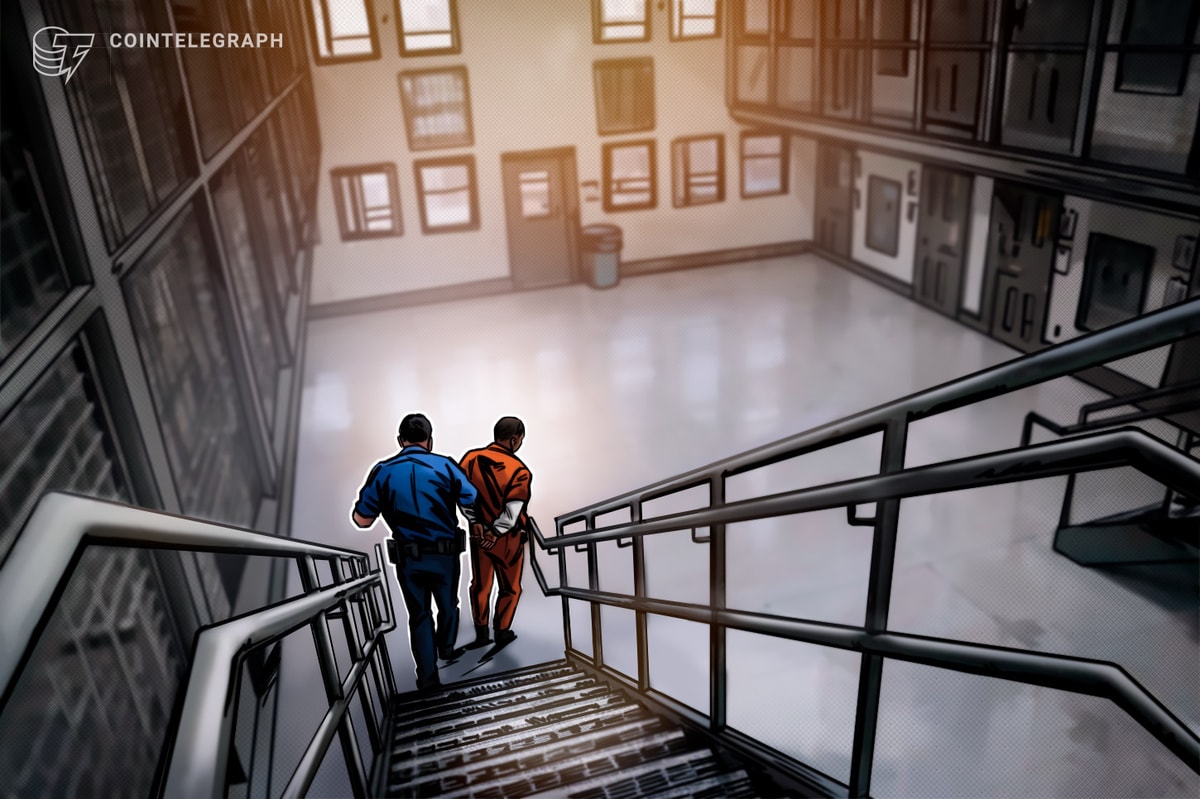Following a glitch responsible for dropping the listed price of several securities listed on the New York Stock Exchange by up to 99.9%, Chainlink (LINK) co-founder and CEO Sergey Nazarov chimed in and reminded the public that legacy financial systems are prone to critical vulnerabilities as a result of their highly centralized architecture.
In a statement to Cointelegraph, Nazarov explained how Chainlink's oracle network could provide a solution to the vulnerabilities inherent in centralized systems:
"Decentralized oracle networks, which were invented by Chainlink, can mitigate these risks by providing accurate, tamper-proof data. These networks aggregate data from various sources and use consensus mechanisms to validate information, ensuring data integrity and preventing erroneous trades and price manipulations."
The Chainlink co-founder continued, “Incorporating blockchain technology would allow for real-time verification and automated responses to anomalies, significantly enhancing the reliability and transparency of today’s financial markets.”
Related: Celo integrates Chainlink's CCIP interoperability protocol.
The origin and purpose of oracle networks
Oracle networks like Chainlink were invented to remedy the problem of real-world price data for smart contracts.
Contrary to their name, smart contracts are not very smart—they require real-world and digital price feeds to settle everything from a futures contract to a flash loan; without this precious data, the contracts are little more than lines of code and have little use to the business or financial world.
Oracle networks feed smart contracts the real-world data they need to function as financial instruments and business contracts. They use a decentralized network of nodes to process and validate data, ensuring that the data isn't coming from a single source and preventing the single points of failure inherent in centralized information systems.
Update on the NYSE glitch
On June 3, prices of several large-cap stocks, such as Berkshire Hathaway, McDonald’s, and Wells Fargo, plunged by up to 99.9% due to what is widely suspected to be a software glitch in the New York Stock Exchange's infrastructure.

Trading for the impacted securities was halted due to the extreme price volatility caused by the glitch but later resumed for Berkshire Hathaway and the other affected securities. The issue has since been resolved.
Magazine: Lazarus Group’s favorite exploit revealed — Crypto hacks analysis.











